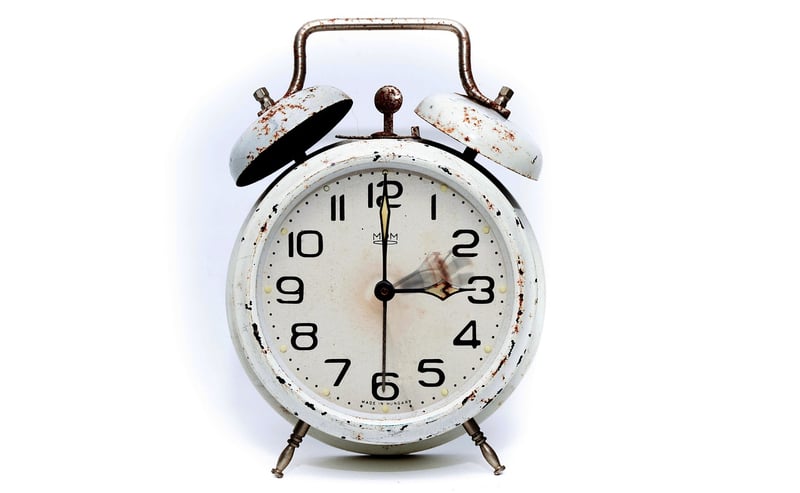Time Travel Rules
The Ethical Implications of Time Travel
Time travel has long been a fascinating subject in science fiction, but what ethical implications arise if time travel were to become a reality? Let's delve into some of the moral dilemmas that time travel could present:
Paradoxes and Altering History
One of the primary concerns with time travel is the potential for paradoxes. Changing even small events in the past could have ripple effects on the present and future. Should individuals have the right to alter history, potentially erasing entire timelines and the lives within them?
Intervention and Responsibility
If time travelers can intervene in historical events, should they be held responsible for the consequences of their actions? What if their interventions lead to unintended negative outcomes or disruptions in the fabric of time?
Temporal Manipulation and Power
The ability to manipulate time could grant individuals immense power and influence. How would this power be regulated to prevent abuse or exploitation? Would certain individuals or groups control access to time travel technology?
Preservation of the Timeline
Is there an ethical obligation to preserve the timeline as it originally occurred, even if that means allowing tragedies to unfold? How do we weigh the moral imperative to prevent suffering with the potential risks of altering the course of history?
Time Travel Rules
1. The Novikov Self-Consistency Principle
This principle posits that time travel is only possible in a way that is consistent with the existing timeline. Any actions taken by a time traveler must have already occurred in the past, ensuring that no paradoxes are created.
2. The Grandfather Paradox
This classic time travel conundrum questions what would happen if a time traveler were to go back in time and prevent their own grandfather from meeting their grandmother, thus preventing their own existence. The paradox highlights the complexities of altering past events.
3. The Butterfly Effect
Popularized by chaos theory, the butterfly effect suggests that even small changes in the past can lead to significant alterations in the future. Time travelers must consider the far-reaching consequences of their actions.
4. The Prime Directive
Derived from the "Star Trek" universe, the Prime Directive prohibits interference with the natural development of alien civilizations. A similar rule could govern time travel, preventing travelers from disrupting historical events.

As we contemplate the theoretical possibility of time travel, it's essential to consider the ethical implications and establish guidelines to navigate this uncharted territory responsibly.
What other ethical concerns and time travel rules do you think should be considered?
